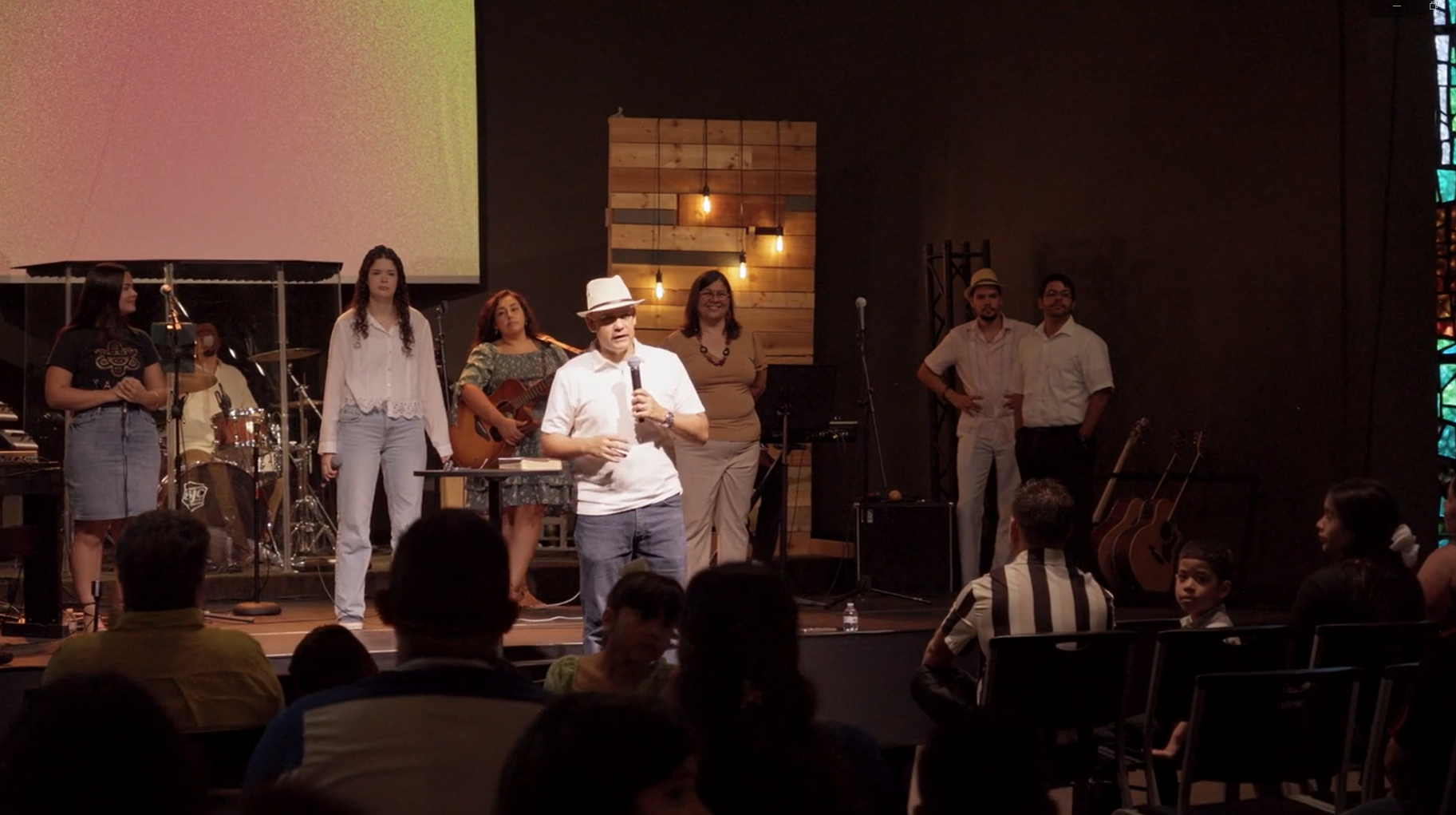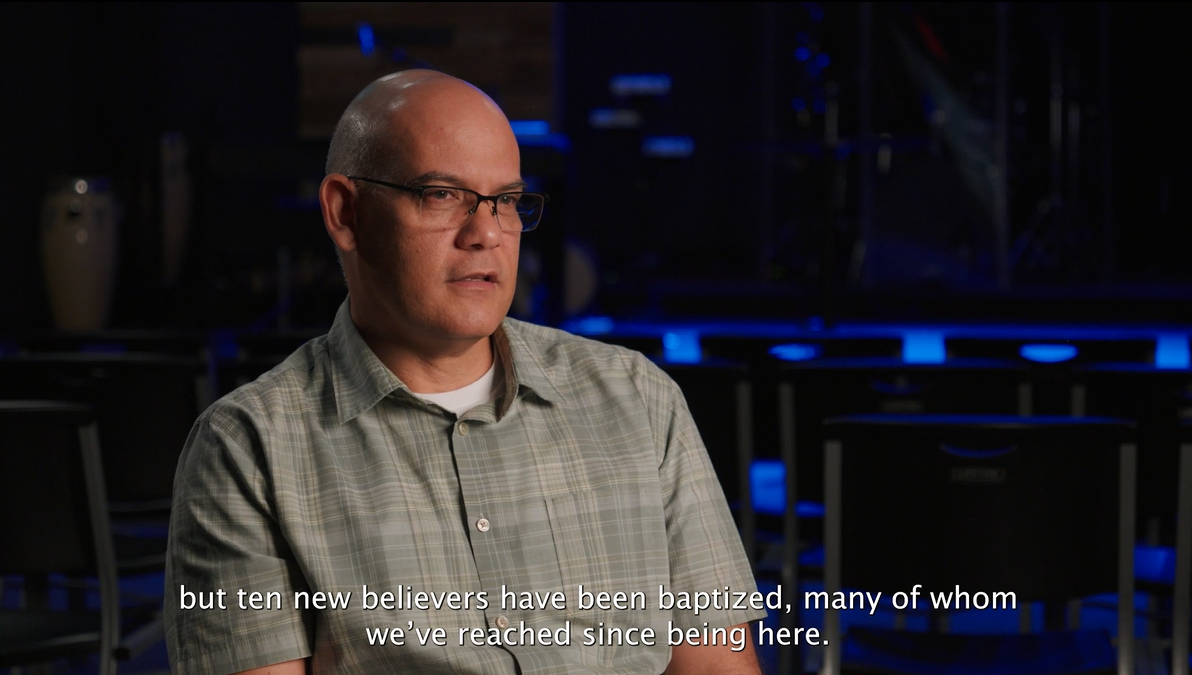5 Ministries that Benefit from Apologetics and How to Get Started
Apologetics can be a helpful tool for Christians and the church. Like other tools, apologetics must be used how it was intended to remain effective and encouraging. While Christian apologetics seems more suited for the academy, its value for the local church and its ministries cannot be overlooked. However, the wide range and complexity of topics in apologetics may seem intimidating and, thus, difficult to incorporate into your church.
As a follow-up on why apologetics is important and how to incorporate it into the life of the church, here are five specific people and ministries of the local church that could benefit from apologetics.
Your congregants need to see how to connect the intellectual information of apologetics to their everyday lives.
1. Training Leadership and Staff
Church staff, ministry leaders, and elders would all benefit from apologetics training. Just as you would go through a book on spiritual formation or practice spending intimate time with God as a staff or leadership team, you could similarly study apologetics together.
Why would it be helpful for the leadership and staff to be familiar with apologetics or maybe even be trained in some specific arguments? Church or ministry leaders are often expected to answer the difficult questions posed by church members and unbelievers. Rather than denigrate such questions, leaders with a background in apologetics can cultivate an atmosphere that invites difficult questions for open discussion. Leaders who set the example will be able to encourage members to do the same.
2. Youth Ministry
Youth are hungry for the Word and to figure out what they believe intellectually and spiritually. There is no shortage of difficult questions youth pose as they grapple with their faith and interact with their peers. These questions about the faith should not be viewed as a youth forsaking the Christian faith, but as honest inquiries during a time when their minds are significantly impacted by the world around them.
“Encourage student leaders to use apologetics in their discipleship with younger students. ”
Here are some suggestions for incorporating apologetics into youth ministry.
Teach basic apologetics to students on Sunday mornings.
Walk through an easily-accessible book with students.
Encourage students to invite unbelieving friends to an informal apologetics discussion, and cordially discuss objections to the Christian faith.
In one-on-one discipleship, ask students what questions they struggle with. Engage and show care for the student’s questions.
3. College Ministry
College students are also curious and eager to engage in apologetics. The difference between college and youth is that college students are no longer strictly bound to their parents and possibly their hometown or church.
These students are learning how to become young adults and questioning how the Christian faith fits into their lives. In this college stage, students encounter more nuanced objections to the Christian faith from a greater variety of worldviews. College students are hungry to dive deeper into the faith—both intellectually and spiritually. College ministry can help feed that hunger with apologetics.
“College students are hungry to dive deeper into the faith—both intellectually and spiritually. ”
Here are some practical ways to start apologetics within a college ministry
Ask students what difficult questions they encounter from their friends and classes.
Invite students, both Christians and nonbelievers, to discuss apologetic questions in a study. This type study is also a great form of outreach.
Colleges often invite debates between Christian and atheist scholars. These events are a great opportunity to encourage students to attend and discuss afterward. Who made the better argument? How does this conversation encourage your faith?
Encourage student leaders to use apologetics in their discipleship with younger students. This reminder not only reiterates the importance of every-member discipleship but also helps deepen what they’re learning.
4. Adult Sunday School
Apologetics can serve as a wonderful topic or series for any adult Sunday school class. Just as students wrestle with their faith, adults can also benefit from learning apologetics for themselves. These studies also help parents teach their children that there are good reasons to believe in the Christian faith. A Sunday school class could be centered around a book study or a series of apologetic topics.
Overall, a Sunday school class based on apologetics should not be overly academic but retain a ministerial and practical tone. Your congregants need to see how to connect the intellectual information of apologetics to their everyday lives.
5. Outreach and Evangelism
Apologetics is integral if your church has an outreach or evangelistic ministry. Through casual conversations and sharing of the gospel message, unbelievers will naturally raise questions about the Christian faith and even voice their objections. Some of these questions or objections may be legitimate intellectual stumbling blocks to the Christian faith. Using apologetics as part of outreach/evangelism can assist our evangelistic encounters.
“Listen openly and carefully to the questions and objections raised. Respond accordingly with love and gentleness (1 Peter 3:15).”
What are some ways to utilize apologetics in outreach/evangelism?
Invite the local community to join the church for a panel discussion. You can even invite Christian scholars and experts on the topic.
Rehearse how to respond to common objections.
Listen openly and carefully to the questions and objections raised. Respond accordingly with love and gentleness (1 Peter 3:15).
Apologetics is another tool for the local church to utilize in its everyday ministries. It offers more benefits for the local church than could be stated here. You can probably think of some applications in your unique local church context. Feel free to share these applications with other churches to help them as well.
Eddy Wu is a Ph.D. student at Southeastern Baptist Theology Seminary and works as the Integration and Solutions Professional at NC State. His interests include Apologetics, Technology, A.I., and Asian culture. He enjoys teaching and mentoring the youth at his church. He is married to Erica, and they have two beautiful and crazy children
We’ll send one succinct weekly email
with the best news, events, and info
for churches in the Houston area.
Photo by Gift Habeshaw on Unsplash










Here are the top 10 articles you read most in 2025!